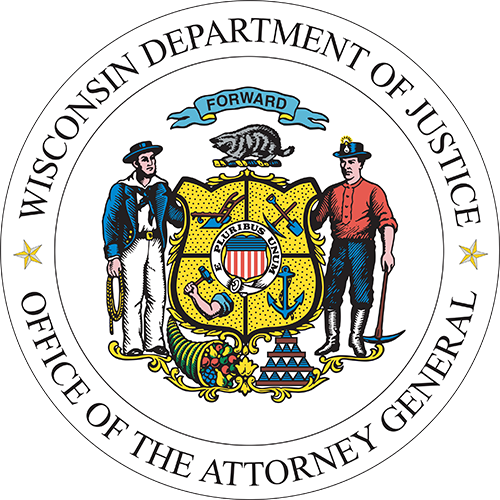Office of Open Government Advisory: Additional Information Regarding COVID-19 and Open Meetings
MADISON, Wis. – The Wisconsin Department of Justice’s (DOJ) Office of Open Government (OOG) continues to prepare additional information in response to inquiries as to the applicability of the Wisconsin’s open meetings law, Wis. Stat. §§ 19.81 to 19.98, in light of current public health concerns regarding COVID-19. This advisory is provided pursuant to Wis. Stat. § 19.98.
Conducting open meetings remotely can pose a number of technological and practical issues that governmental bodies should consider in advance, including, among other things, the following:
- Governmental bodies must ensure that they follow the notice requirements of Wis. Stat. § 19.84 and such notice should inform the public that the meeting will be held remotely and provide all information necessary for the public to monitor the meeting.
- Notices should provide instructions for how the public may access the remote meeting, whether it is to be held via telephone conference call or video conference call. This includes providing the telephone number, video conference link, and any necessary passcodes or other login information.
- As DOJ’s Office of Open Government advised in its March 17, 2020 advisory, a governmental body conducting a meeting remotely should be mindful of the possibility that it may be particularly burdensome or even infeasible for one or more individuals who would like to observe a meeting to do so remotely—for example, for people without telephone or internet access or who are deaf or hard of hearing—and appropriate accommodations should be made to facilitate reasonable access to the meeting for such individuals.
- When conducting a videoconference or internet-based meeting, the governmental body should strongly consider providing the public with an alternative telephone dial-in option for observing such a meeting so that lack of internet access is not a barrier to observing the meeting.
- At the beginning of each meeting conducted remotely, the chair of the governmental body should encourage all body members to identify themselves before they begin speaking and not to speak over one another. This will help all those listening to the meeting better understand who is speaking.
- When possible, a governmental body may wish to consider recording the meeting and posting it on its website as soon as practicable after the meeting concludes.
- As a bottom line, governmental bodies meeting remotely can and should consider steps that ensure that their meetings remain open and accessible to the public.
If you have questions or concerns regarding the application of the open meetings law, please contact the Office of Open Government at (608) 267-2220.
See also:
March 17, 2020 – Office of Open Government Advisory: Coronavirus Disease 2019 (COVID-19) and Open Meeting
